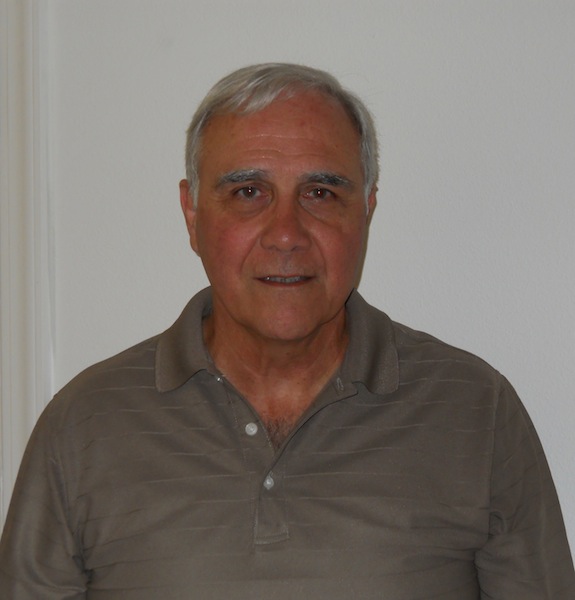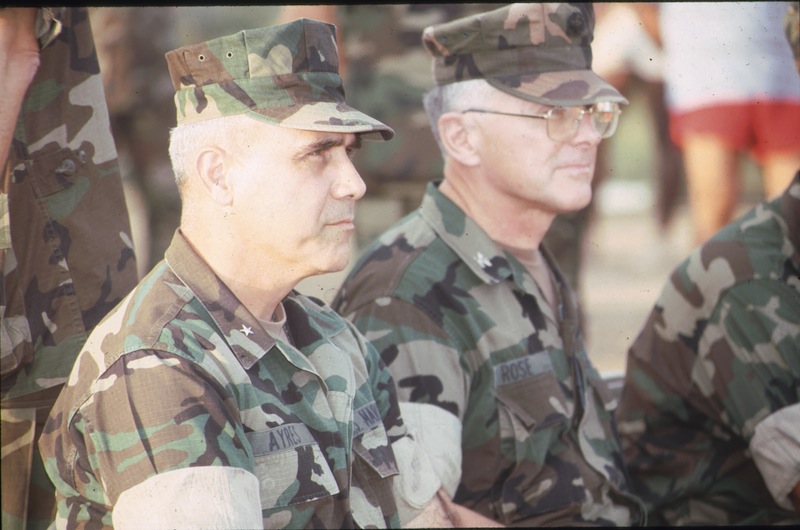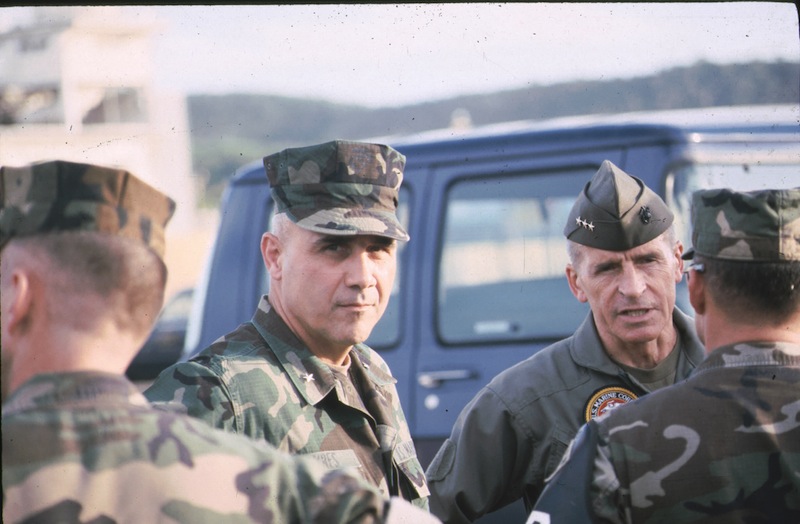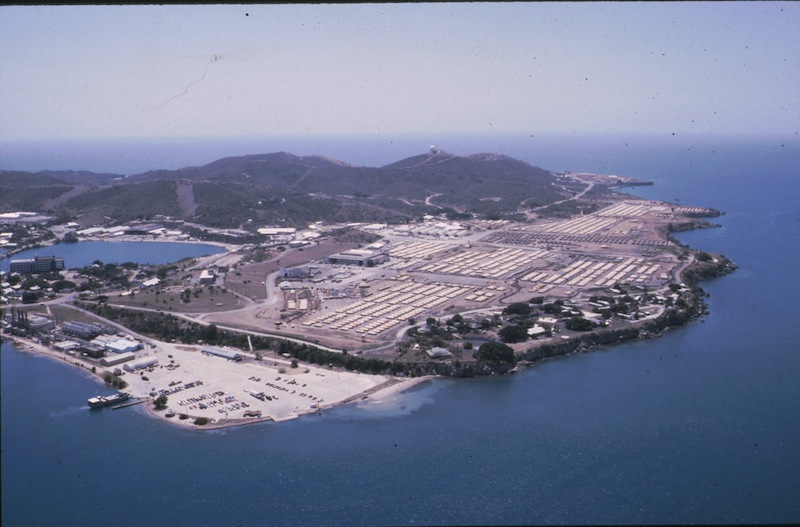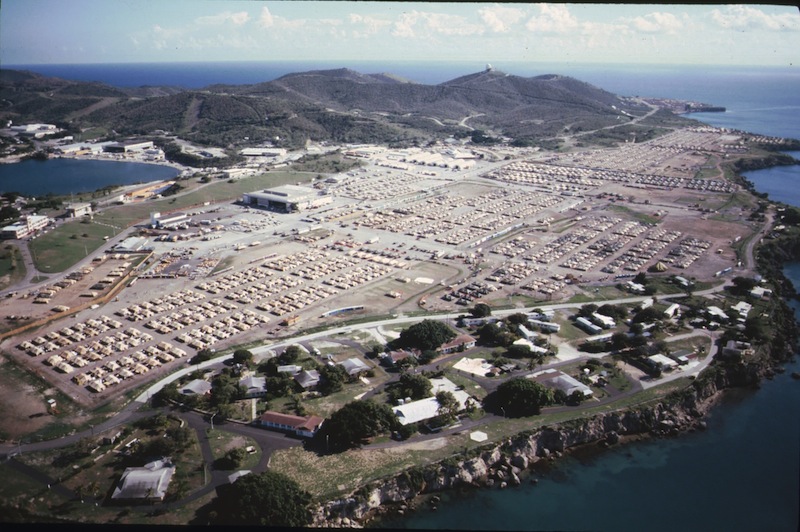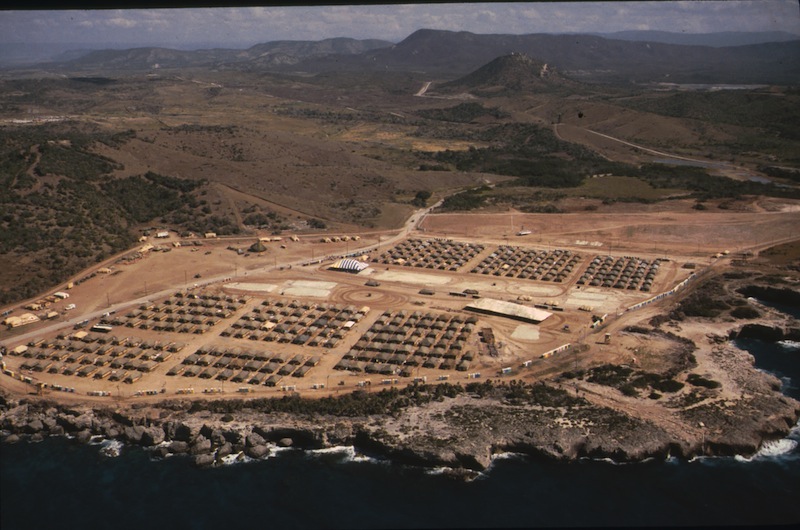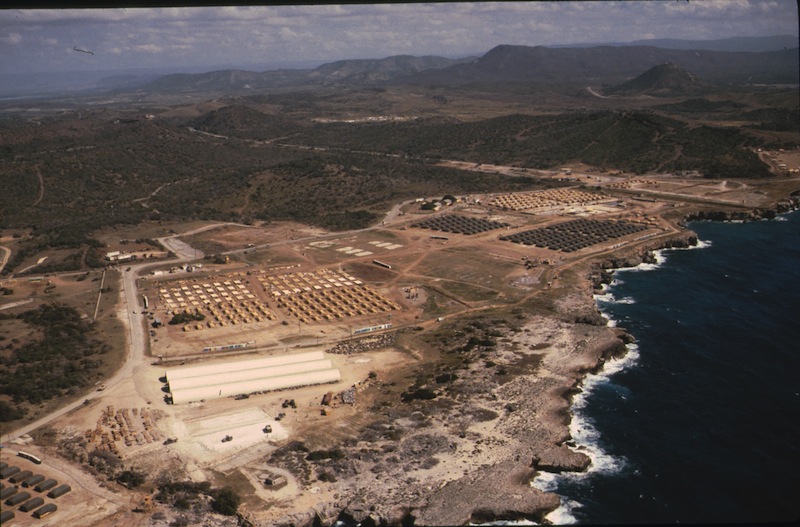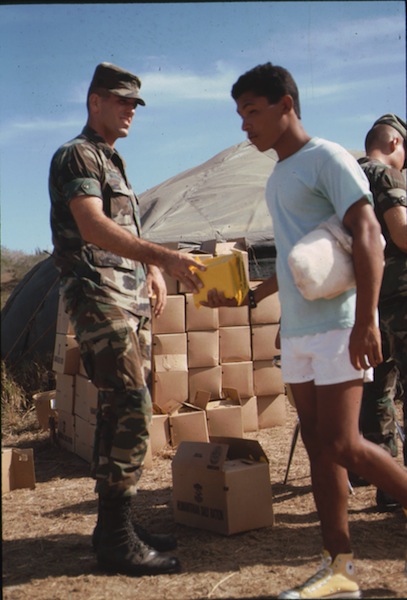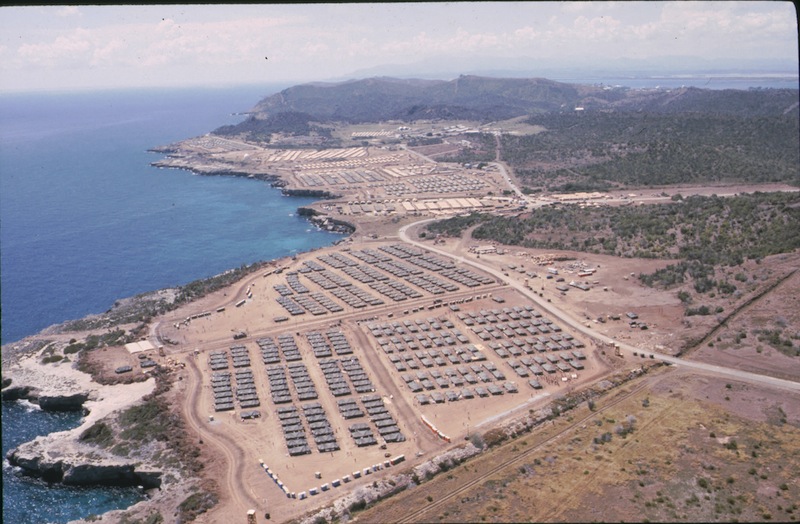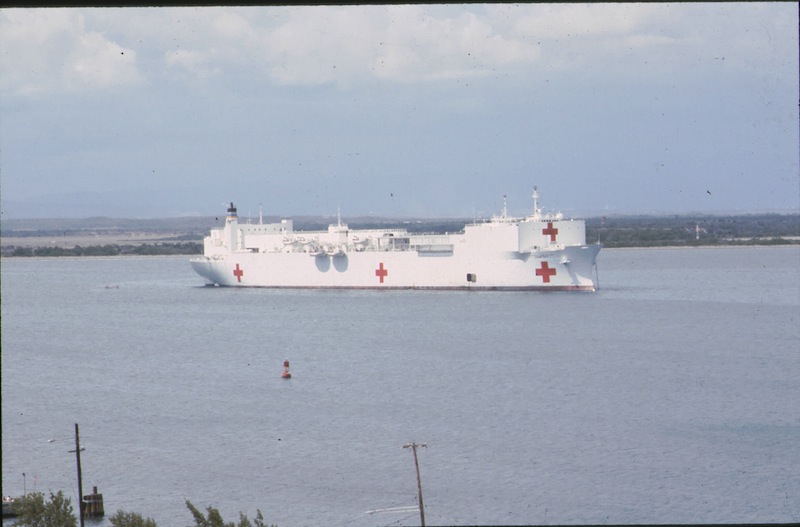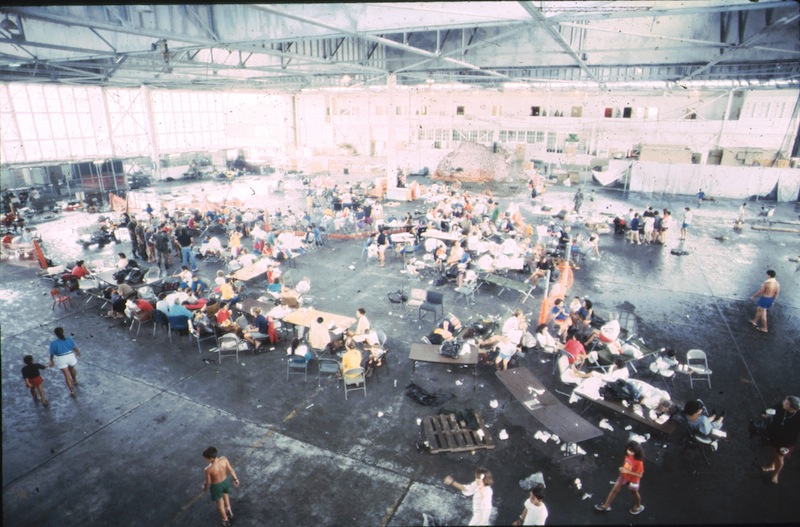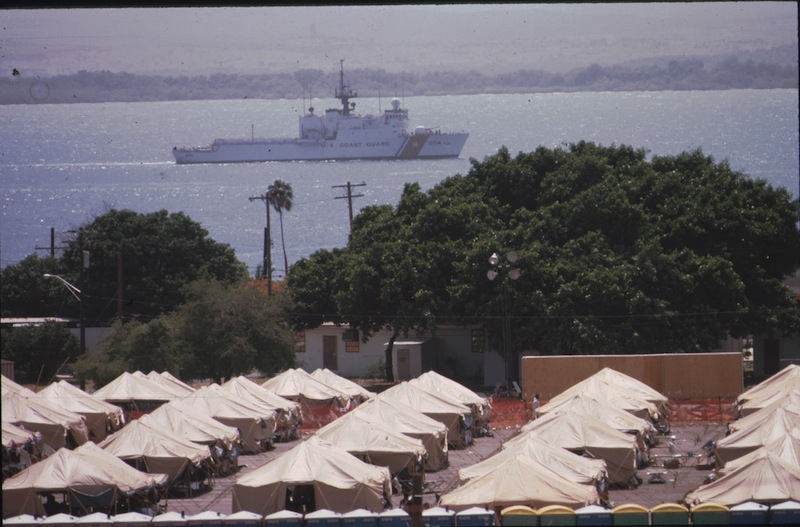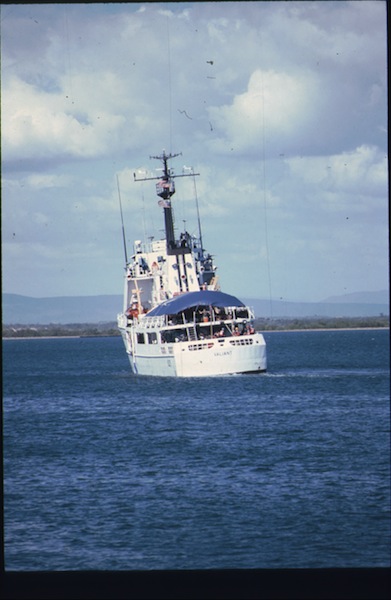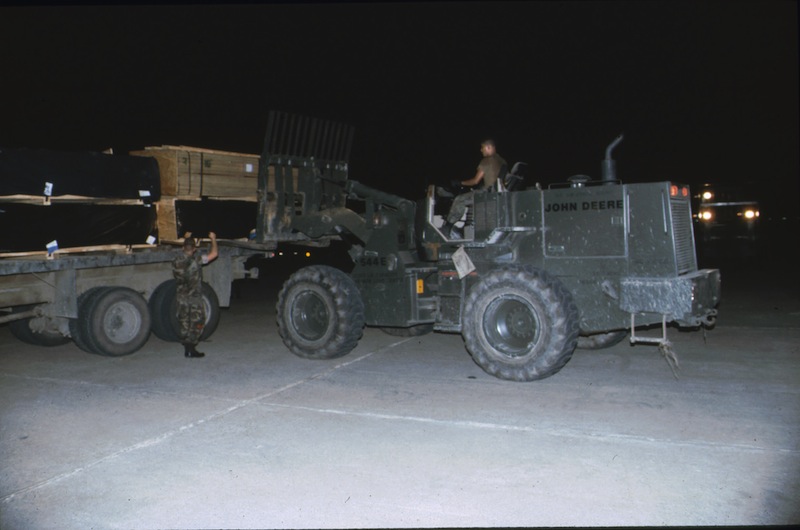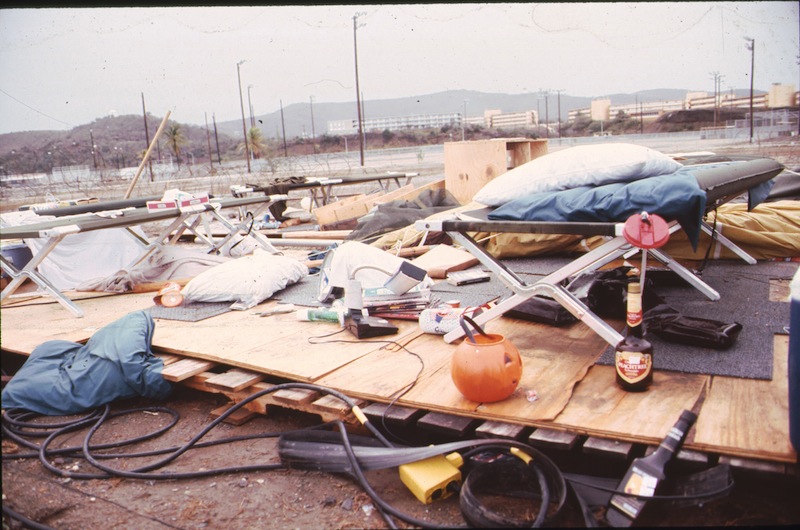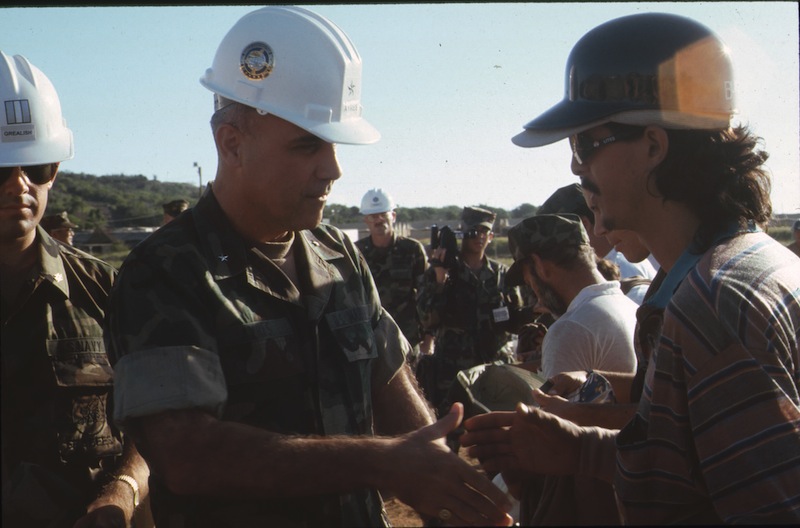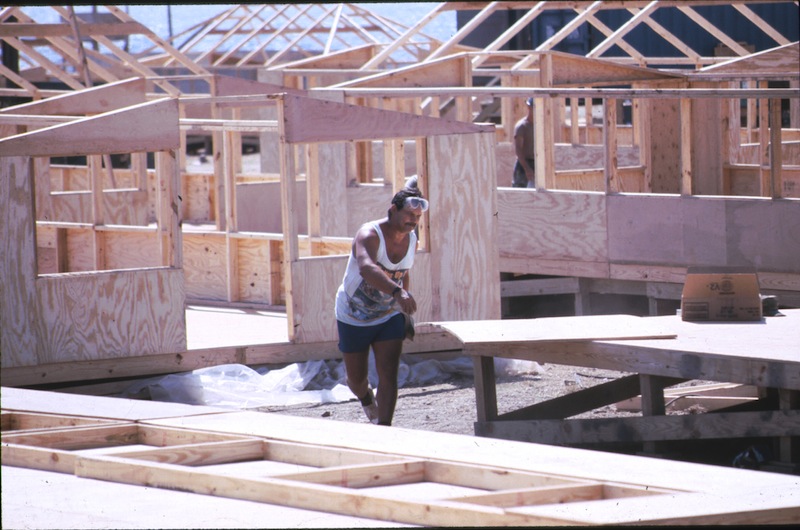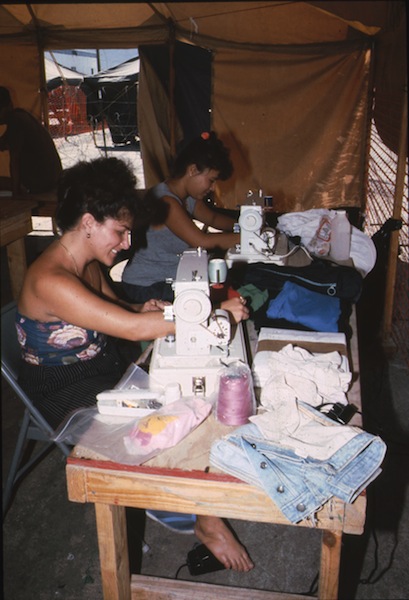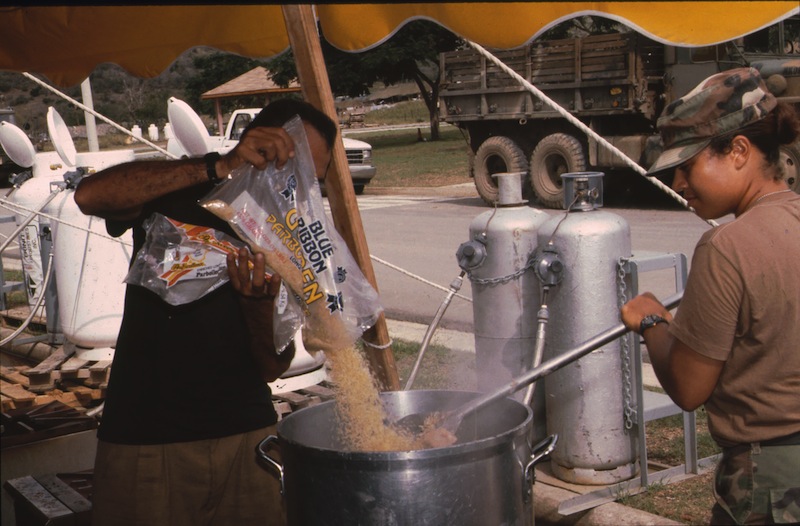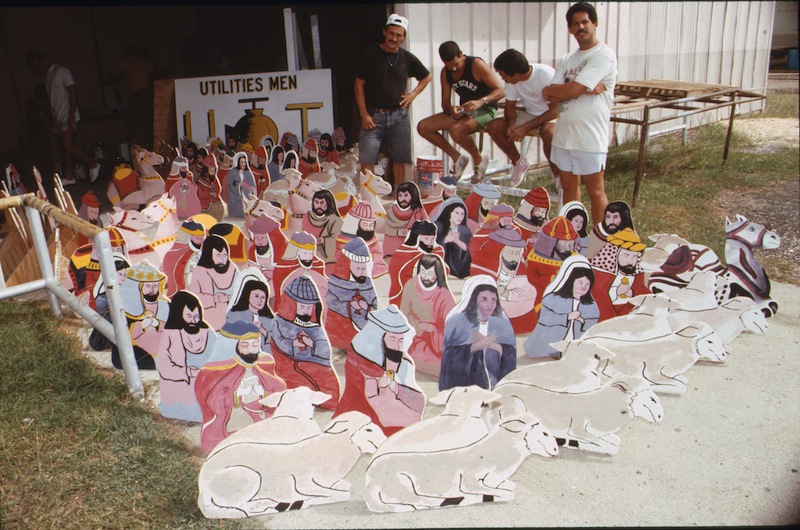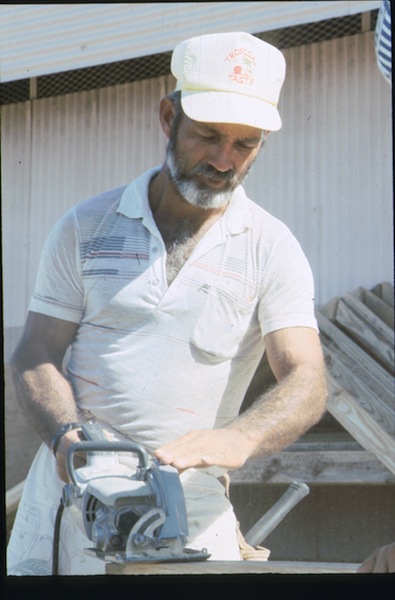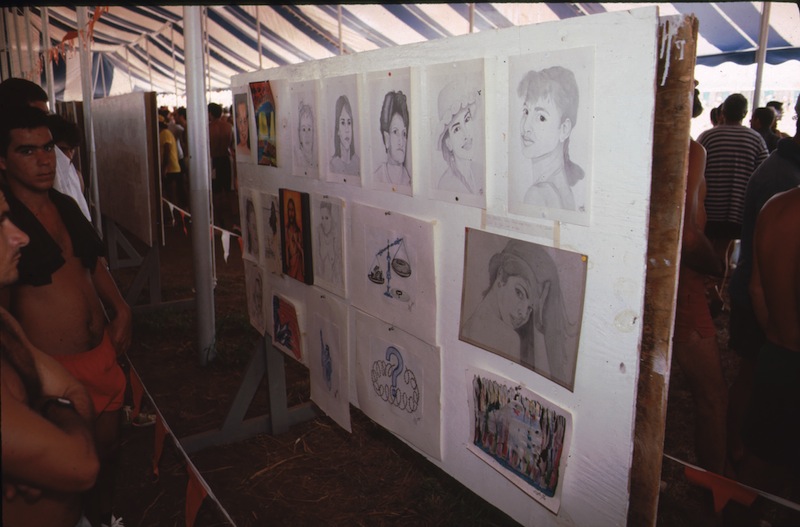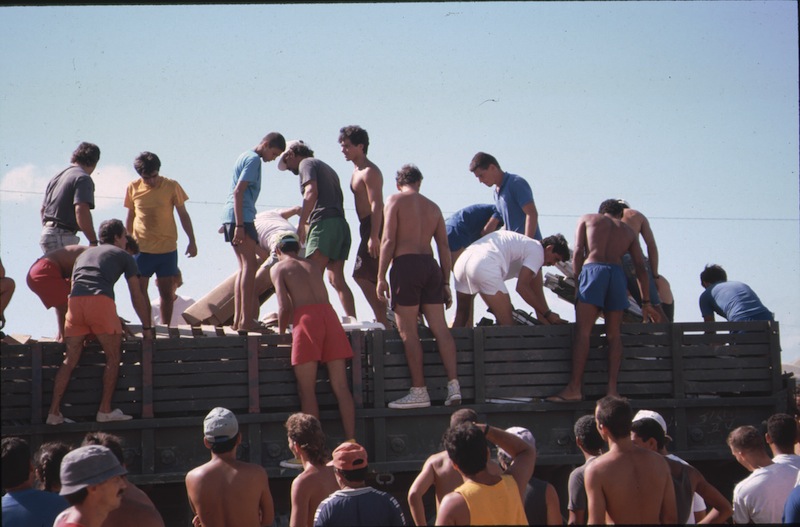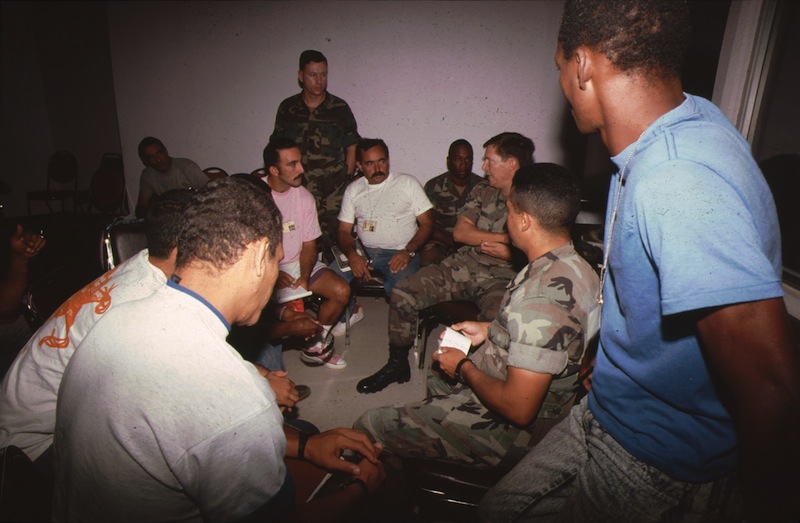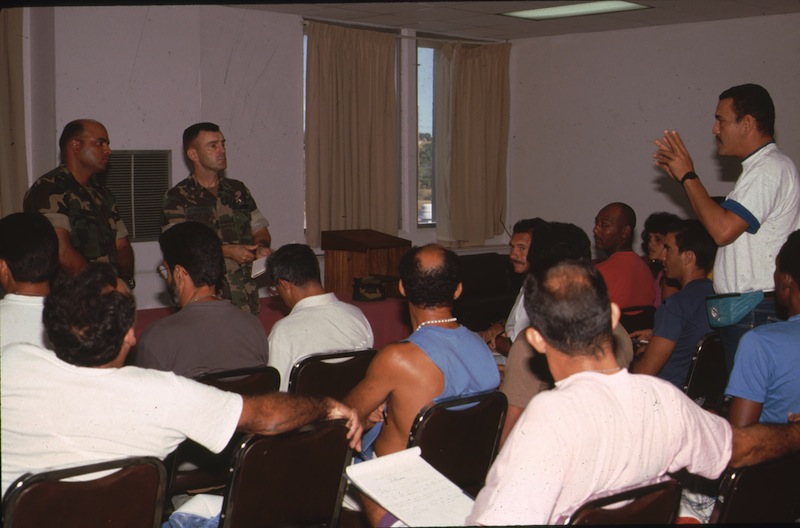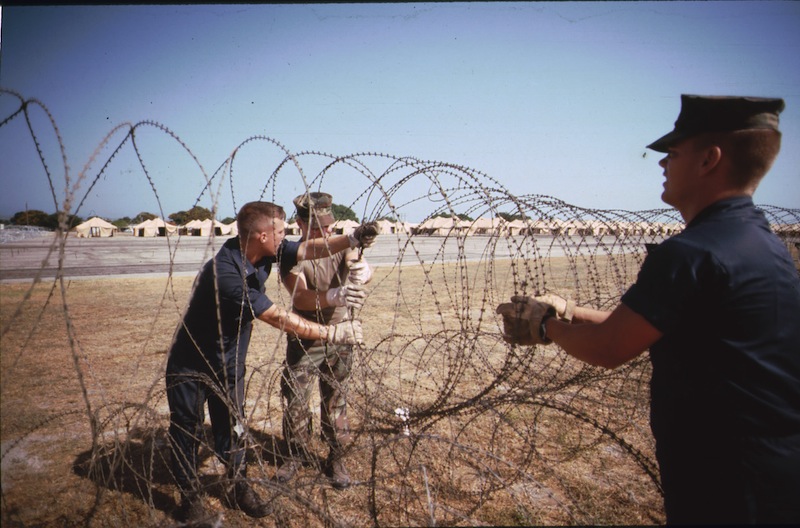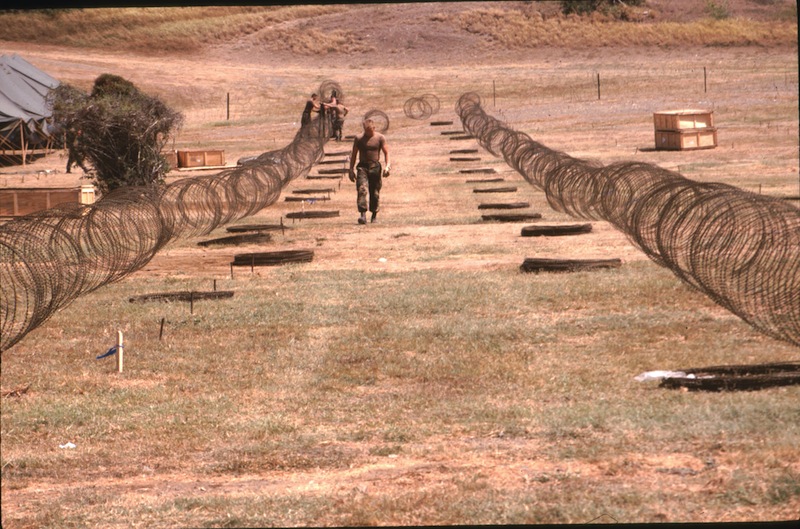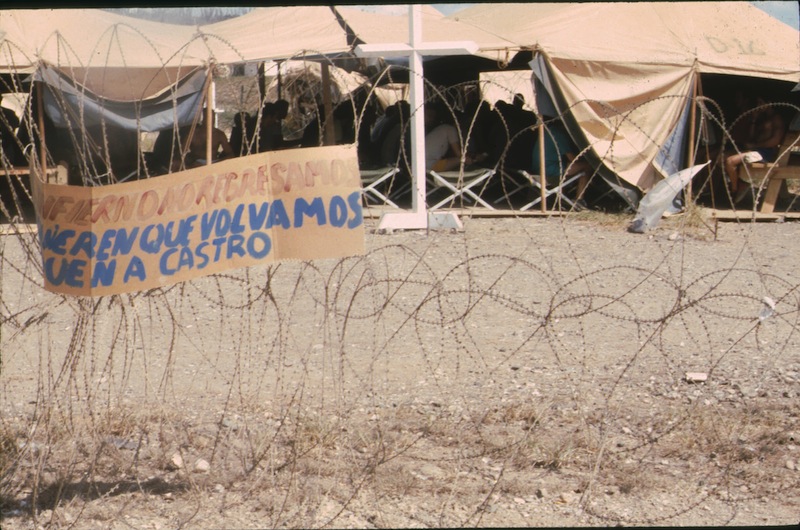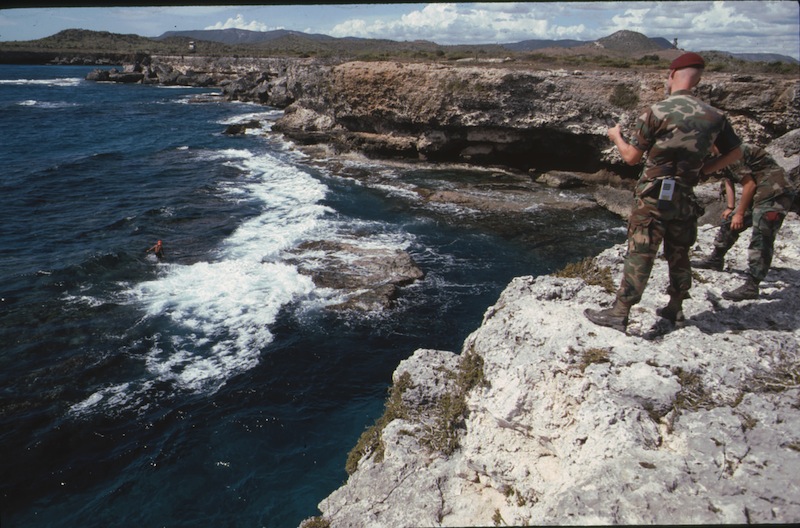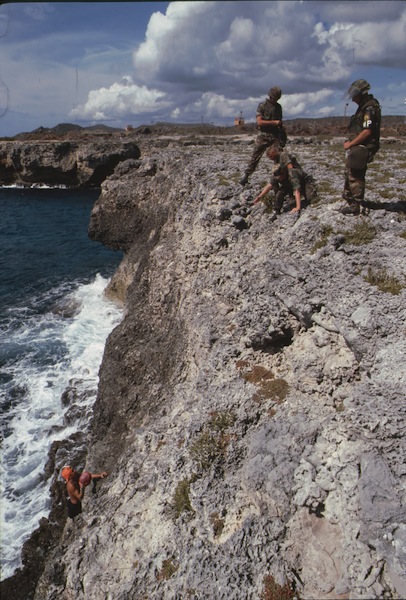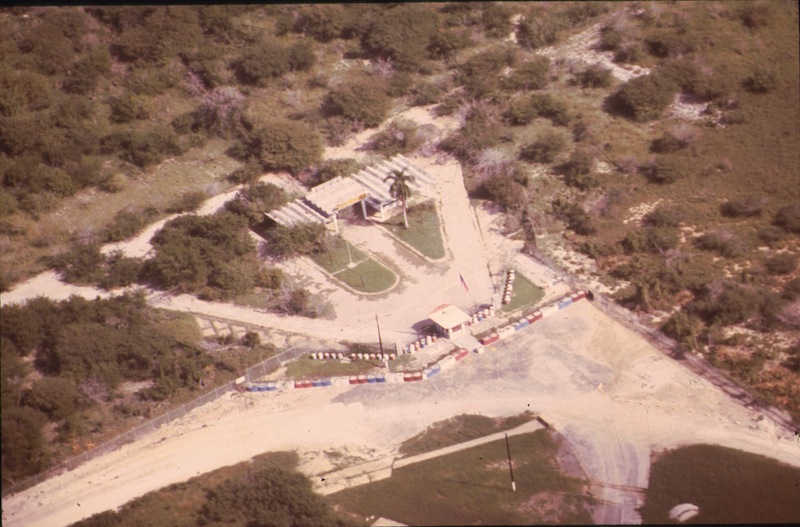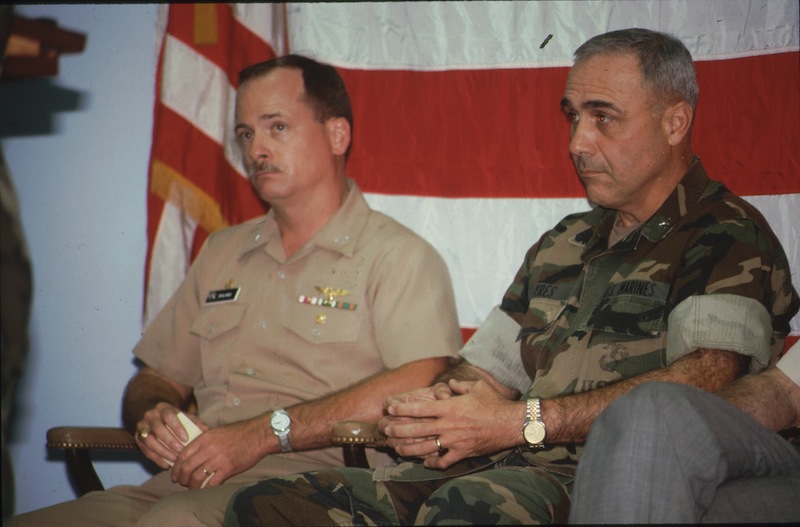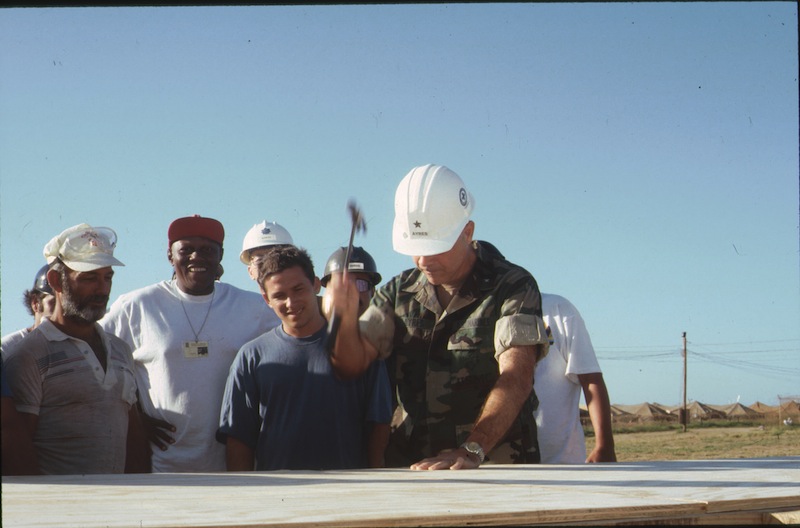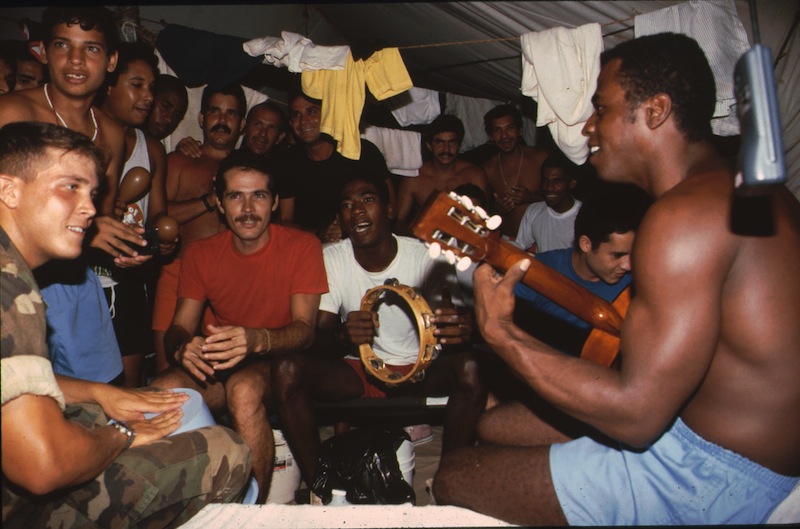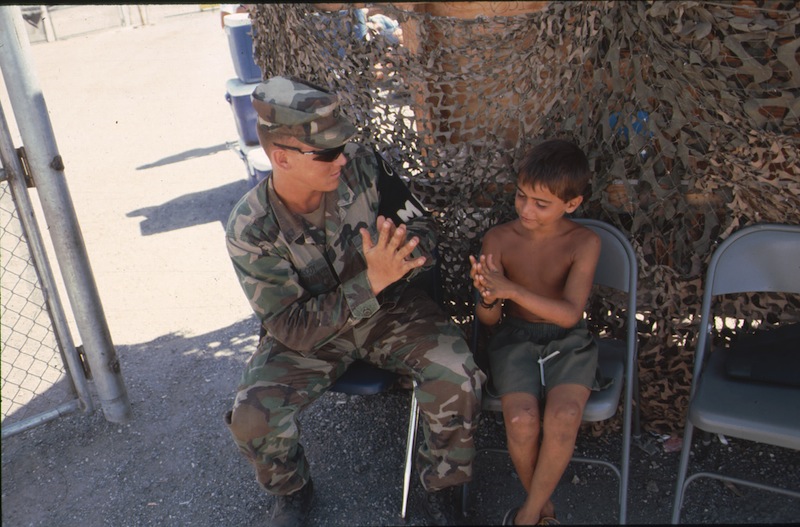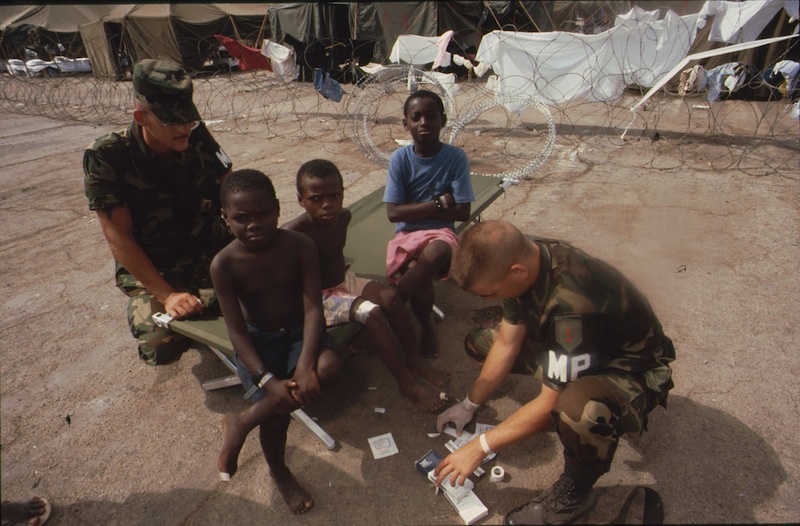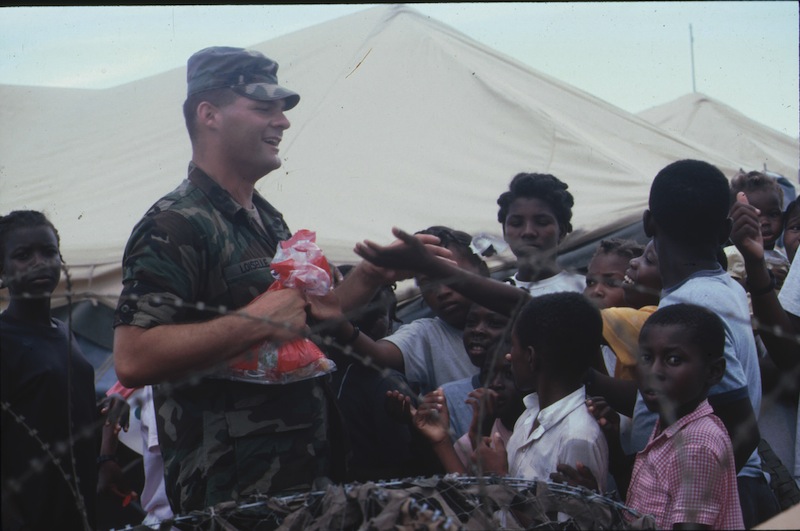Guantánamo Public Memory Project
Lieutenant General Raymond Ayres
At GTMO: Oct 1994 - Feb 1995
To this day, Lieutenant General Raymond Ayres is proud of his service at the refugee camps at Guantánamo.
Raymond Paul Ayres, Jr, Lieutenant General of the United States Marine Corps, retired. I went to Guantanamo Bay on the 12 of September of 1994 and I stayed there till, I think it was the 25 of February of 1995. I was sent T.A.D. to JTF160 at Guantanamo Bay. The task force was already at Guantanamo Bay. They had some disruptions at a couple of the camps of the unaccompanied male Cuban migrants that they felt were a security threat and so I was dispatched down there with the C.O. of the Eighth Marine Regiment and his whole headquarters and another marine infantry battalion, to help Mike Williams, helping him organize the security forces and be able to deal with those sorts of problems in the future. As far as I was concerned it was just, you know, another mission the Marine Corps had been given.
Simply stated mission was caring and feeding of all these migrants, both the Haitian and Cuban migrants. It came to include the defense of the base itself after this incident of the breakout. They were sort of operating at what I consider crisis conditions at the time. The most critical thing was the living conditions, of specifically the Cuban migrants. The Haitians, their encampments had been created and developed sooner than the Cuban. So those encampments were running pretty smoothly, but the Cubans were being picked up at sea and they were being brought to Guantanamo, you know, a thousand, two thousand at a time, and they had a hard time barely leveling out the land with bulldozers and throwing tents up. I mean the truth of the matter is that the basis for that outbreak were perfectly legitimate complaints of the living conditions but it became apparent to me that our primary mission was to do everything we could to address legitimate complaints that the people living in the camps had, and therefore, we were providing security by minimizing their desire to create a security hazard.
We started looking for ways to keep all the migrants, not just Cubans, you know gainfully employed and working for their own benefit. In other words, participating in their own welfare, food preparation, distribution, they are the ones who had to set up the mess halls in the camps. Both Haitian and Cuban camps there were lots of people who were artists so we developed carpenter shops in each camp. We would set up a tent for the artists to work in, we would get art materials for them to work on, just anything we could conceive of. In fact one of the earliest things we did, especially with the single adults was like, when a marine platoon was going to go on a three mile run, you know, we would just let any of the Cubans who wanted to go with them, they would go with them.
there was an election in each camp to elect the camp leader and those people were all pretty responsible and did a lot of good work. And I would hold regular meetings, so would Mike Williams, with the camp leaders, you know, to air grievances. It was determined we were going to put up four foot high chain link fence to replace the triple concertina wire of the camps. All we were trying to do at that point was define the boundary of a camp but I remember there being a big stink from one camp. We did not like having the barbed wire there when the media people come so I said, “Fine. Tell them we will leave up a twenty foot section of triple concertina wire and when the media people come they can stand the kids behind the triple concertina wire and let them take pictures of them there.”
I do not remember any incidents whatsoever of Haitians trying to escape. The Cubans, yes. Basically, that was sort of a gentleman’s game. There was no tackling and wrestling people down and we certainly were not going to shoot them but we were not just going to let them arbitrarily go out so it was almost like a game of tag. “Ok you got me, or ok, you got away.” The commander of the frontier brigade, brigadier general named Perez Perez. I got a message from him one day that I was not doing my job, you know, that I was letting these people out and they would endanger their lives and getting over the fence. I mean, you even had some quote from Castro in there about endangering their lives. I answered him. I actually kind of turned Castro’s words around and said, “Hey, look! I’m not going to shoot a Cuban citizen to keep him from going back to Cuba. That’s an absurd notion.” I explained exactly what the situation was and then ultimately I actually, when it was time for me to leave, I actually sent an invitation to General Perez Perez to attend the change of command ceremony, which I got an answer from him saying no, because of some prior commitments he was not available to come to the changing command.
What it was about is I used to have a sign up that said, “what have you done for a migrant today?” and so that is what I was there for. Frankly, I think it is one of the most satisfying things I did in my thirty-six years in the Marine Corps; you are helping fellow human beings have a better and a better outlook so I think that almost anybody who you would speak to who did a tour with the migrants down there would feel like they really accomplished something.
Creative: Picture Projects & Tronvig Group

